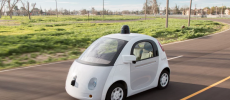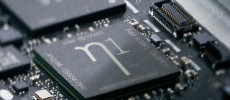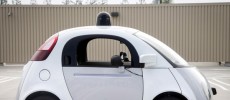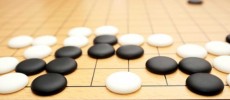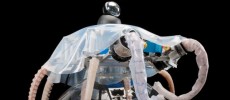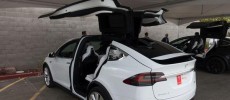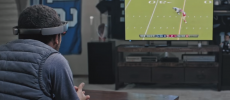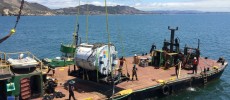Self-driving cars: Google’s onboard computers can function as drivers: Feds
Computers in Google's self-driving cars can function like human drivers based on a ruling by the United States' highway safety agency. The new definition of "driver" set by the federal government's National Highway Traffic Safety Administration (NHTSA) is good news for the Alphabet company that is designing and testing autonomous vehicles without steering wheels and foot pedals.

